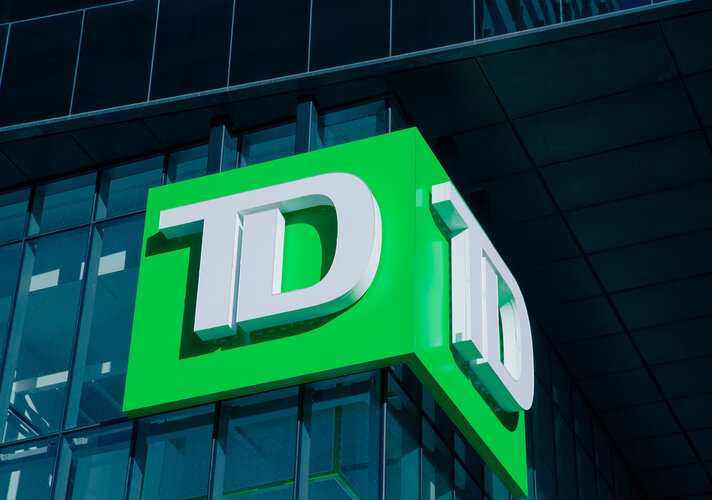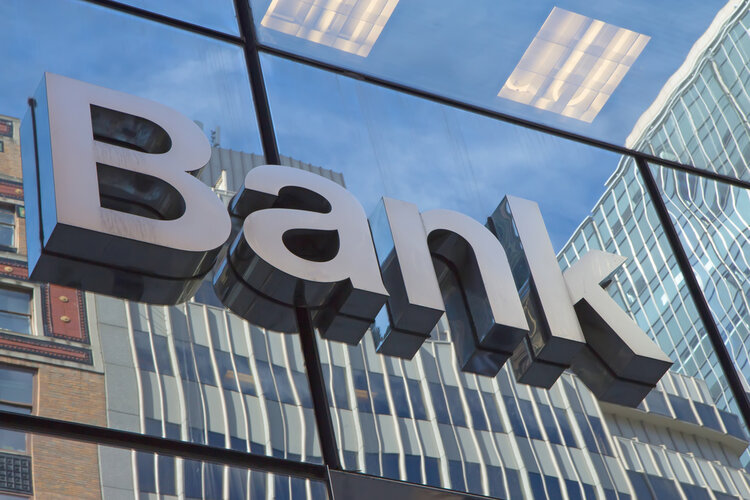Many Canadians will use the term chequing account and savings account interchangeably. While they are both bank accounts, they serve different purposes when it comes to holding your money.
A chequing account should be treated as your ‘day-to-day’ account for transactions. This is typically your primary account that your paycheque would be deposited by your employer.
In this article, we will examine what a chequing account is and what role it plays in your personal finance.
What is a Chequing Account?
While writing cheques might not be as popular in this day and age, it used to be the primary way to transfer money. Thus, the chequing account was created to facilitate a large number of deposits and withdrawals by cheque.
Fast forward to today, and we still use the name chequing account for our primary bank account. This is the bank account you would use to receive your paycheque, pay bills, make purchases with a debit card, and deposit and withdraw money from.
How Does a Chequing Account Work?
A chequing account works like most bank accounts: you can deposit and withdraw funds as you wish on a day-to-day basis. This will be your transactional account so you will always want to make sure you have enough funds in it to cover your costs.
Chequing accounts in Canada typically have lower transactional fees. In this age of technology, this usually means including unlimited E-transfers, which are a digital way to send and receive money.
If you ever need to withdraw cash from an ATM or bank, you would usually do so from your chequing account. The same goes for paying bills, making purchases, or electronically transferring someone’s money.
Chequing Account Transactions
Your chequing account will be the primary source of transactions you make. Any transaction you make on a daily basis will come from your chequing account. These include but are not limited to the following:
- Depositing or withdrawing cash or cheque
- Paying bills online or at a bank
- Transferring money to someone electronically
- Writing a cheque to someone
- Pre-authorized debits
- Purchasing goods or services with your debit card
Chequing Account Fees
Most chequing accounts in Canada do come with a monthly fee. In exchange, you get to make nearly unlimited transactions and transfers.
These chequing account fees aren’t too high, but they are in place at most of the big banks in Canada. So if you have a TD chequing account or an RBC chequing account, you can expect those nominal fees. Some banks will waive the fees if you open enough products like a mortgage or credit card with them.
If you want to save on these monthly fees, online banks like Tangerine or Simplii Financial do offer no-fee chequing accounts. These can often have higher interest rates than big bank chequing accounts as well!
Pros and Cons of a Chequing Account
Chequing accounts are easy to use and free to sign up for at any bank in Canada. They usually come with a high number of transactions to accommodate your day-to-day banking needs.
It helps to have most of your money in one place to facilitate transactions. This means you would be conveniently getting paid in the same account that you need to pay bills from.
A downside to chequing accounts is that most brick-and-mortar banks will charge a monthly fee.
Most chequing accounts in Canada also do not pay much interest, especially at the big banks. Online banks are more willing to pay out an interest rate on chequing accounts. Note that most interest-bearing bank accounts are savings accounts.
Difference Between a Chequing Account vs Savings Account
The primary difference is how they are used: a chequing account is used for day-to-day transactions. A savings account is used to hold money for the long term and earn interest on those funds.
Chequing accounts come with more transactions than savings accounts. In fact, many savings accounts will charge you per transaction or provide a small number of free ones.
Savings accounts usually do not have a monthly fee attached to them. They almost always come with a higher interest rate than chequing accounts, as they are designed to earn money while you are holding your funds with the bank.
Do You Need Both a Chequing and Savings Account?
You do not have to have both, but they do work together nicely. If you hold all of your money in a chequing account, you will usually not earn any interest. But if you hold all of your money in a savings account, it can get expensive to make transactions.
Having both allows you to earn interest while also using your chequing accounts for daily transactions. A savings account actually lets you save your money, while a chequing account is used to process the day-to-day flow of your money.
FAQs
Do chequing accounts come with a debit card?
Yes, chequing accounts in Canada almost always come with a debit card. This can be used to make purchases with your chequing account funds. In 2023, debit cards can be physical cards or digital cards that are kept on your mobile phone.
How much money can you have in a chequing account?
Usually, there is no limit to how much you hold in your chequing account. It should be noted that CDIC only insures your deposits for up to $100,000. Since you are not earning much interest in a chequing account, it doesn’t make sense to hold more than $100,000.
What is another name for a chequing account?
A chequing account is also known as a transaction account because it facilitates all of your day-to-day transactions. This name might make sense to people who do not write cheques anymore.
Is a chequing account a personal account?
Yes, your chequing account is your own personal bank account. If you own a business, you would start a separate chequing account for those transactions. The one exception is a joint account you might have with a spouse or loved one.
Related:





